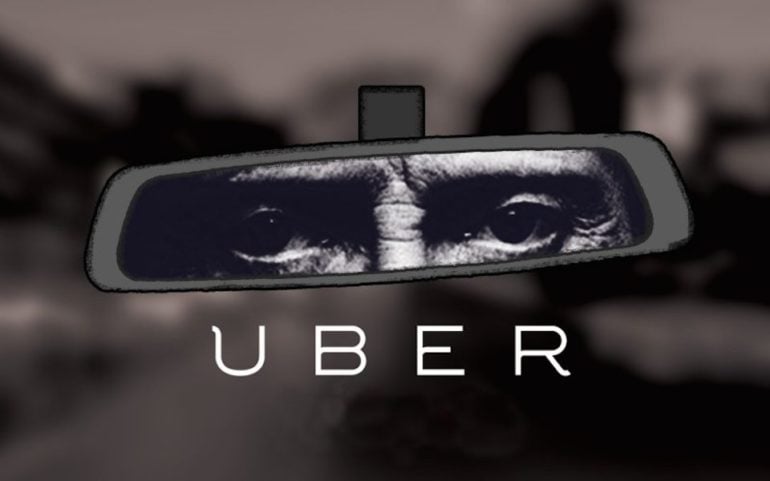Uber’s strategy was clear from the outset: move quickly into markets, operate with dubious legality, create a critical mass of demand, and deal with the consequences later.
Now a trove of over 124,000 internal files from Uber – including messages between executives and internal briefing notes – has revealed the scope of the company’s market plan that involved publicising violence against drivers, close relationships with politicians, and a complete disregard for the law.
Mark MacGann, an ex-Uber lobbyist for Europe, the Middle East, and Africa, shared the documents – dubbed the Uber Files – with the International Consortium of Investigative Journalists
The stories told by a consortium of journalists show a company that sought a monopoly on global taxi services at any cost.
“The company approach in these places essentially to break the law, show how amazing Uber’s service was, and then change the law,” MacGann told the Guardian.
“My job was to go above the heads of city officials, build relations with the top level of government, and negotiate.”
As Uber spread across the world, limited only by the availability of smart phones and willing drivers, it met resistance from regulators and governments, but especially from traditional taxi drivers.
For licensed cabbies, Uber’s disruptive tactics – it heavily subsidised fares to attract customers and encouraged new drivers with bonuses – meant a swathe of potential customers were now jumping into unmarked cars with strangers who they connected with via an app.
One of MacGann’s greatest successes as a corporate lobbyist came in France. He had built a close relationship with Emmanual Macron, the recently re-elected French President who was economics minister at the time of Uber’s incursion.
As in other markets, French taxi drivers held protests against Uber’s unregulated services sweeping in and taking fares from people who paid exorbitant prices, and underwent lengthy training, to get a rare taxi license.
MacGann and other Uber executives, including former CEO Travis Kalanick, worked closely with French officials to draft friendly legislation and overturn what appeared to be a ban of the flagship UberX service in Marseille.
Macron had replied to MacGann’s call for assistance after the UberX ban by saying “I will look at this personally”.
Two days later the ban was ‘clarified’ – letting Uber continue its operations – and MacGann celebrated the “good cooperation” with Macron’s office.
‘Violence guarantees success’
Meanwhile, taxi protests in France turned violent and Kalanick saw an opportunity: Uber drivers and customers being attacked in the streets would help the company’s image.
“If we have 50,000 riders they won’t and can’t do anything,” he said in a message exchange, according to the Guardian.
“I think it’s worth it. Violence guarantee [sic] success.”
Attacks on drivers throughout Europe and South America were seen as valuable public relations for Uber.
The leaked files show one executive in Belgium, in response to violence against Uber drivers, saying it was a “good story”.
“Already one driver stepped forward to talk to the press: he had a full sack of flour thrown over him and passengers by taxi,” the Belgian Uber executive said.
“He pressed charges and one taxi driver would have spent a night in jail … Good story.”
Violence in the Netherlands was likewise used to help lobbying efforts. A Dutch Uber manager said they should “keep the violence narrative going for a few days before we offer the solution”.
MacGann, pleased with results, said in response: “Excellent work. This is exactly what we wanted and the timing is perfect.”
In a statement responding to the Uber Files, the company’s Senior Vice President of Public Affairs, Jill Hazelbaker, said Uber had put the past behind it.
“We’ve moved from an era of confrontation to one of collaboration, demonstrating a willingness to come to the table and find common ground with former opponents, including labor unions and taxi companies,” she said.
“We are now regulated in more than 10,000 cities around the world, working at all levels of government to improve the lives of those using our platform and the cities we serve.”
- This story first appeared on Information Age. You can read the original here.




















Trending
Daily startup news and insights, delivered to your inbox.